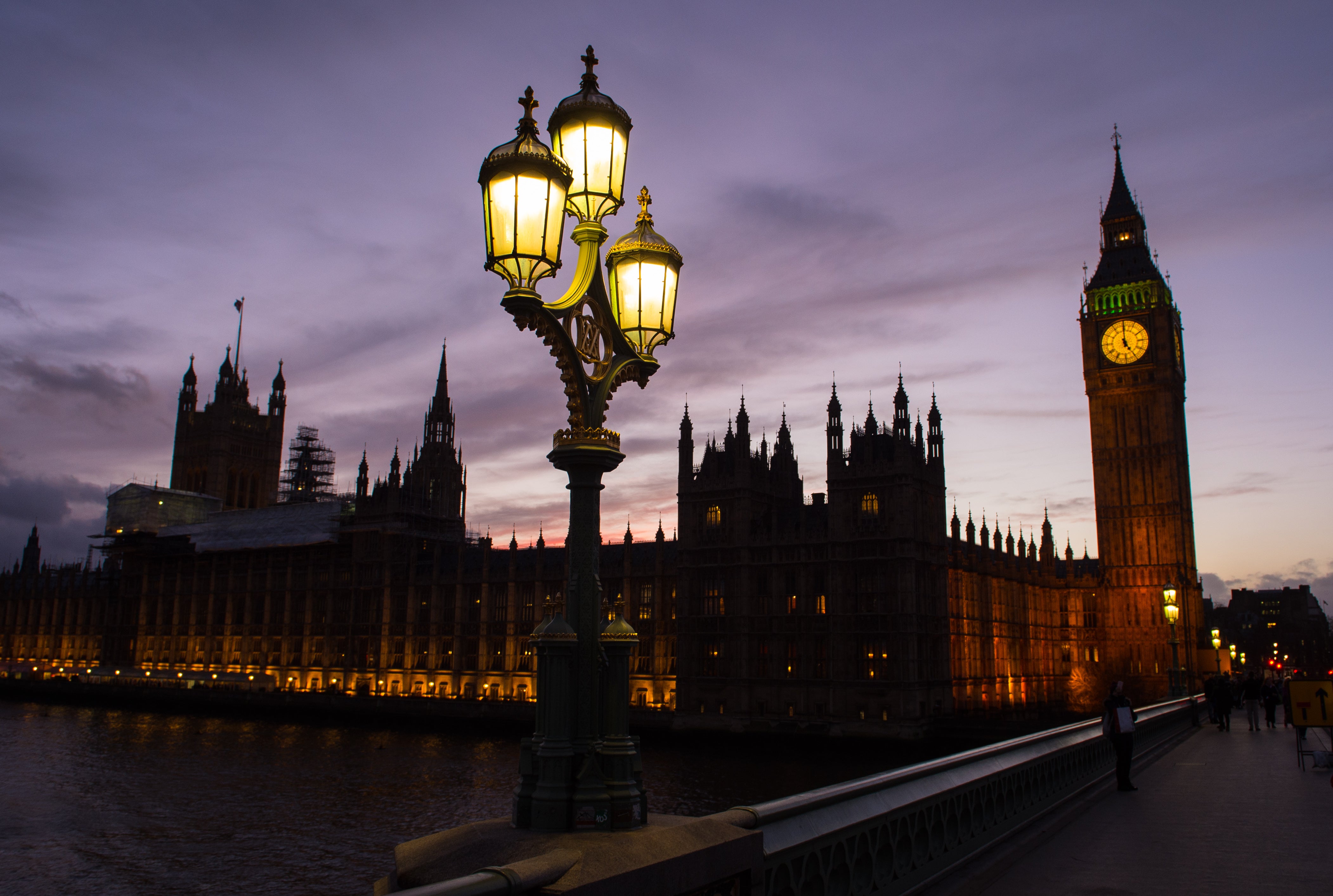Are murky donations the next big Westminster scandal?
MPs have been warned they will have to ‘justify’ donations after accusations of failure over transparency. Adam Forrest takes a closer look


Predicting possible political scandals is fraught with difficulty. Before becoming PM David Cameron predicted that lobbying would be the “next big scandal” at Westminster – only to be caught up in a scandal over his own lobbying work for Greensill Capital long after leaving No 10.
Some scandals build slowly and some happen with a bang. After the expenses controversy, Partygate saga and rows over the lobbying activities of Mr Cameron and Owen Paterson, could MPs’ donations be the next big political scandal to spark public anger?
Politicians have been accused of failing to provide “sufficient” transparency after an investigation by Sky News and Tortoise media could not find even basic details about who lies behind some major donations.
The project’s new database – dubbed the Westminster Accounts – has compiled records from the MPs’ Register of Interests, the Electoral Commission and other official registers and aims to provide the first comprehensive picture of the flow of money into British politics.
It shows MPM Connect Ltd gave £345,000 to just three Labour MPs: Yvette Cooper, Wes Streeting and Dan Jarvis. But nobody at its registered address in Hertfordshire had heard of the firm. Only later did Ms Cooper reveal MPM Connect was an investment firm owned by donor Peter Hearn.
The investigation also found that the registered office of broadband provider IX Wireless – which has given more than £138,000 to Tory MPs – had shut down. One of two staff members lives in the United Arab Emirates.
The government of Qatar was found to be among the biggest donors to MPs since 2019. Its foreign ministry has reportedly given a total of around £250,000 worth of benefits in kind.
There is no suggestion of rule-breaking by MPs. They are entitled to claim donations for office staffing costs – and take gifts and hospitality – so long as sums are declared. But the lack of clarity over who exactly is behind the money has raised questions about the potential for conflicts of interest.
The vagueness of the financial entries in the MPs’ Register of Interests fuels suspicion that MPs have been able to duck difficult questions about their relationship with donors through obscure conduits.
Transparency International UK, said the database would now “empower” members of the public to begin asking questions about the donations their own MPs were receiving.
Downing Street appears well aware of the potential for outrage. Rishi Sunak has warned MPs will have to “justify” donations to their constituents, while No 10 later said politicians “should be in no doubt that the public will pay close attention” to the source of the money.
Campaigners have said the new scrutiny about money flowing into is a “wake-up call” for British politics. But will the political parties wake up fast enough to avoid a furore?
The aftermath of the Owen Paterson row – which saw Boris Johnson try to shut down punishment after the Tory MP was found to have broken lobbying rules – showed how the government and opposition parties struggle to produce meaningful reform.
The government has finally backed cross-party plans to tighten the rules around outside consultancy work. But Labour leader Sir Keir Starmer said he would like to go further and enforce “stricter” rules on second jobs, without making clear what those rules would be.
Both Mr Sunak and Sir Keir have responded to the latest revelations by saying greater transparency would be a “good” thing. But unless they find ways of providing it, the close-to-rock-bottom stock of Britain’s politicians is likely to sink even lower.






Join our commenting forum
Join thought-provoking conversations, follow other Independent readers and see their replies
Comments